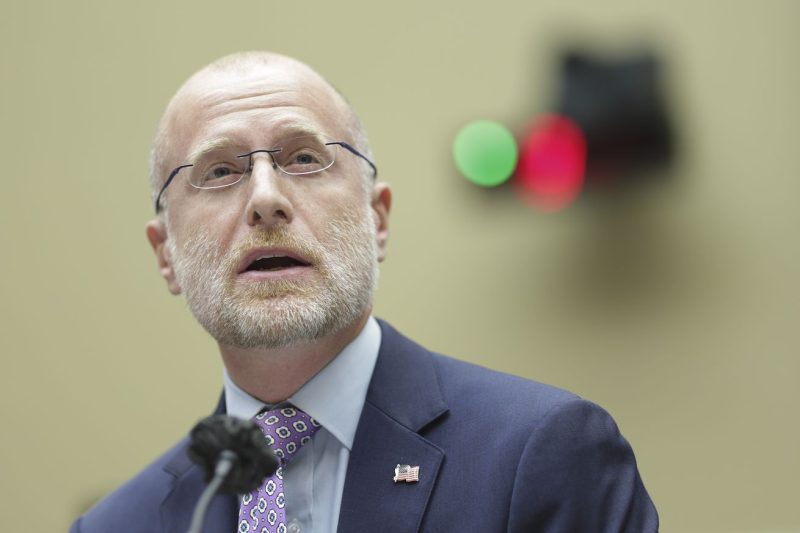In a surprising turn of events, President Trump has named Brendan Carr as his pick for Federal Communications Commission (FCC) leader, replacing Ajit Pai. The announcement came as a shock to many, as Carr is known for his strong stances on issues related to telecommunication and technology policies. Let’s take a closer look at what this appointment could mean for the future of the FCC and the tech industry at large.
Brendan Carr, who has served as an FCC commissioner since 2017, is no stranger to the inner workings of the agency. Prior to his time at the FCC, Carr worked as the FCC’s general counsel and as a legal advisor to Pai during his time as chairman. His experience in navigating the complex regulatory landscape of the telecommunications industry makes him a formidable choice to lead the commission.
One area where Carr has been particularly vocal is his support for expanding 5G networks across the United States. He has advocated for policies that streamline the deployment of 5G infrastructure and remove barriers to innovation in the telecommunications sector. Carr’s vision for a more connected and technologically advanced America aligns closely with President Trump’s own priorities, making him a natural choice for the top spot at the FCC.
However, Carr’s appointment has not been without controversy. Some critics have raised concerns about his close ties to industry players and his deregulatory approach to telecommunications policy. These critics worry that under Carr’s leadership, the FCC may prioritize the interests of big telecom companies over those of consumers and smaller competitors. It remains to be seen how Carr will navigate these competing interests and whether he will seek to strike a balance between fostering industry growth and protecting consumer rights.
One thing is clear: Carr’s leadership at the FCC is likely to have far-reaching implications for the tech industry. As the agency responsible for regulating the airwaves and the internet, the FCC plays a crucial role in shaping the future of telecommunications and technology in the United States. Under Carr’s stewardship, we can expect to see continued debates around issues like net neutrality, spectrum allocation, and the expansion of high-speed broadband access.
In conclusion, Brendan Carr’s appointment as FCC leader signals a new chapter in the agency’s history. With his deep understanding of the regulatory landscape and his ambitious vision for the future of telecommunications, Carr is poised to make a significant impact on the tech industry in the years to come. It remains to be seen how his leadership will shape the policies and priorities of the FCC, but one thing is certain: all eyes will be on Brendan Carr as he takes the reins at one of the most influential regulatory bodies in the country.

